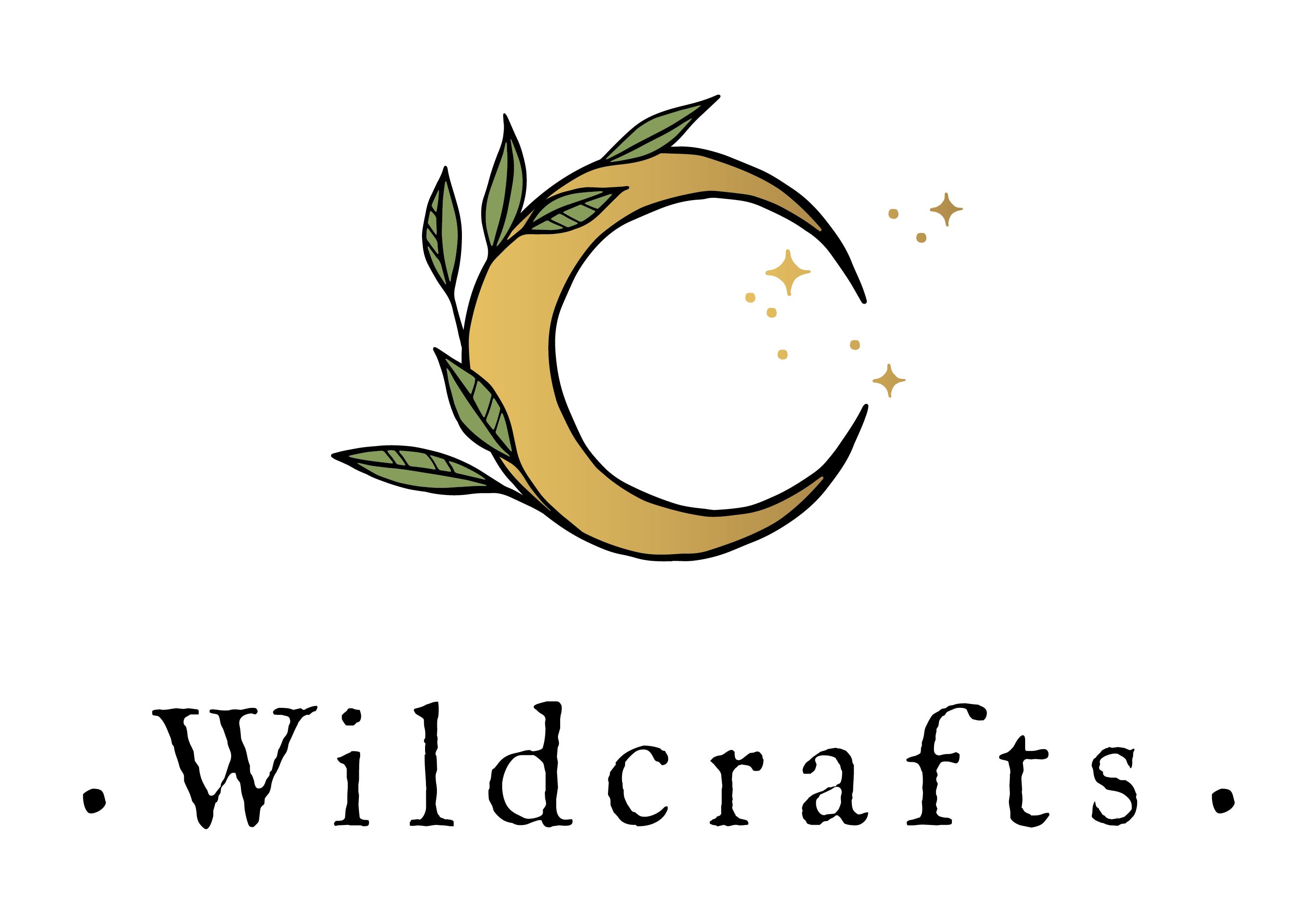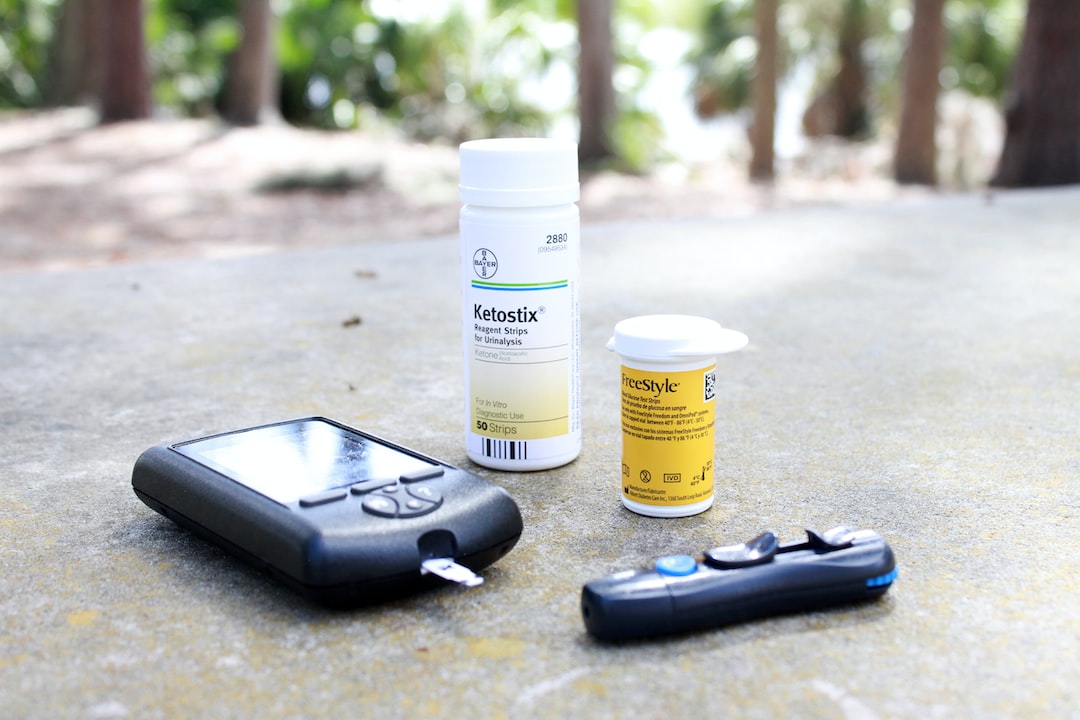The Art of Survival: Wild Edibles and Medicinal Plants Every Outdoor Enthusiast Should Know
When venturing into the great outdoors, knowledge of wild edibles and medicinal plants can be the difference between survival and distress. Whether you are an avid hiker, camper, or simply enjoy immersing yourself in nature, understanding the local flora and its potential benefits is crucial. One trend that has gained popularity in recent years is the use of Organic Handcrafted Herbal Remedies, which utilize these wild plants to support wellness. Let’s explore some essential wild edibles and medicinal plants every outdoor enthusiast should know, and the potential for creating organic handcrafted herbal remedies.
Dandelion, often considered a weed in urban areas, is a perfect example of a wild edible. Its leaves can be used in salads or cooked as greens, providing a nutritious boost of vitamins A, C, and K. Additionally, dandelion flowers can be harvested to make a delightful tea, known for its detoxifying and anti-inflammatory properties. Incorporating dandelion into organic handcrafted herbal remedies can enhance their effectiveness.
Stinging nettle is another versatile plant to be familiar with. Its young leaves can be cooked and consumed as a nutrient-rich vegetable, while the dried leaves make an excellent herbal tea that can relieve seasonal allergies or act as a diuretic. Nettle is an ideal candidate for organic handcrafted herbal remedies, as its anti-inflammatory properties can aid in the relief of joint pain or skin irritations.
For those interested in wilderness survival, knowing how to identify and use tree bark can be invaluable. Willow bark, for instance, contains compounds similar to aspirin, making it a natural pain reliever. Infusing crushed willow bark into oils or rubbing it directly onto painful areas can offer relief for minor aches and pains. This technique, when incorporated into organic handcrafted herbal remedies, can create soothing and natural alternatives to over-the-counter painkillers.
Another plant of great importance is comfrey. This perennial herb boasts various medicinal applications, such as promoting wound healing and reducing inflammation. When creating organic handcrafted herbal remedies, comfrey can be infused into oils or used as a poultice for injuries or skin ailments. However, it is important to note that comfrey should not be ingested, as it contains toxic compounds.
As you explore the world of wild edibles and medicinal plants, always practice responsible foraging. Invest in a comprehensive guidebook or take a course to ensure your knowledge is accurate and up-to-date. Additionally, consult with an expert before using any wild plant medicinally, especially if you have pre-existing health conditions or are taking medication.
In conclusion, understanding the art of survival in the outdoors involves knowing which wild edibles and medicinal plants can sustain and support us. By incorporating these plants into organic handcrafted herbal remedies, we can harness the power of nature to enrich our lives and enhance our well-being. So, next time you find yourself in the wilderness, remember to keep an eye out for these incredible natural resources.
Publisher Details:
Wildcrafts
https://www.wildcrafts.org/
216-313-0124
Organic Herbal Remedies Handcrafted on the New Moon. Wildcrafts offers tinctures, balms, oils, and perfumes for beauty, health, & happiness!

